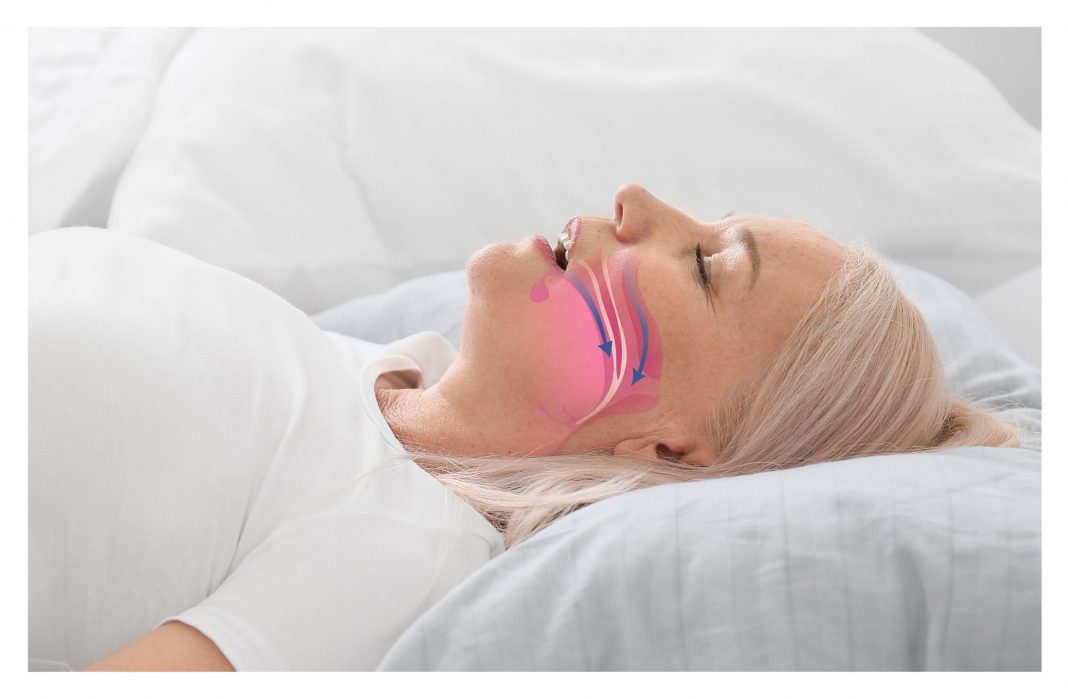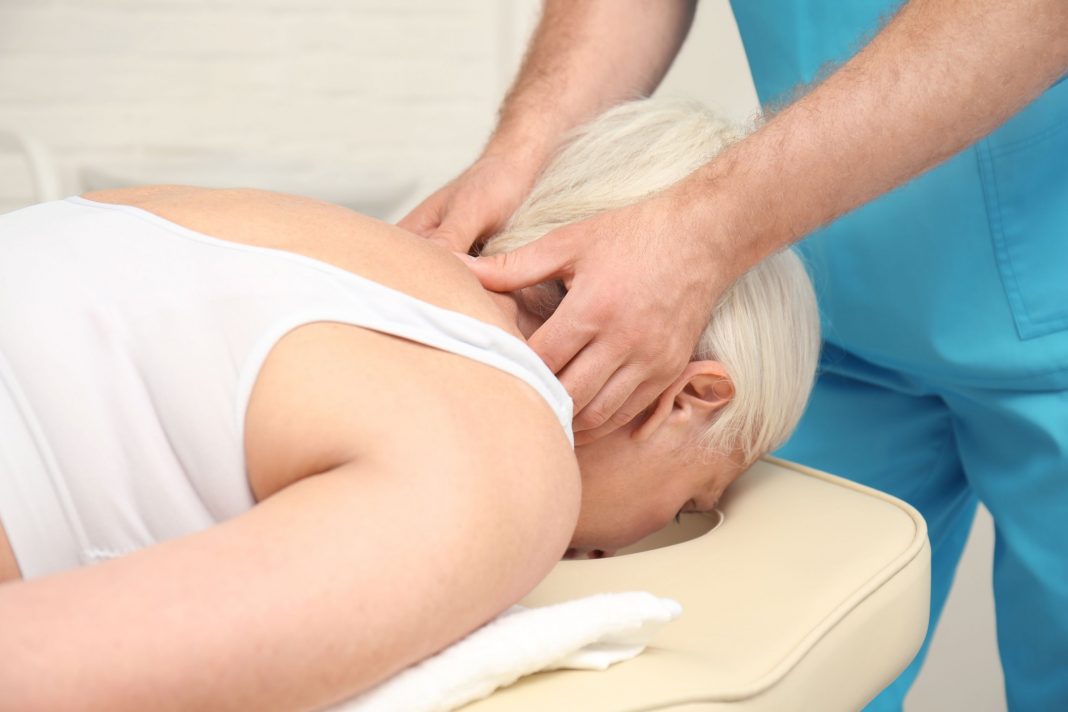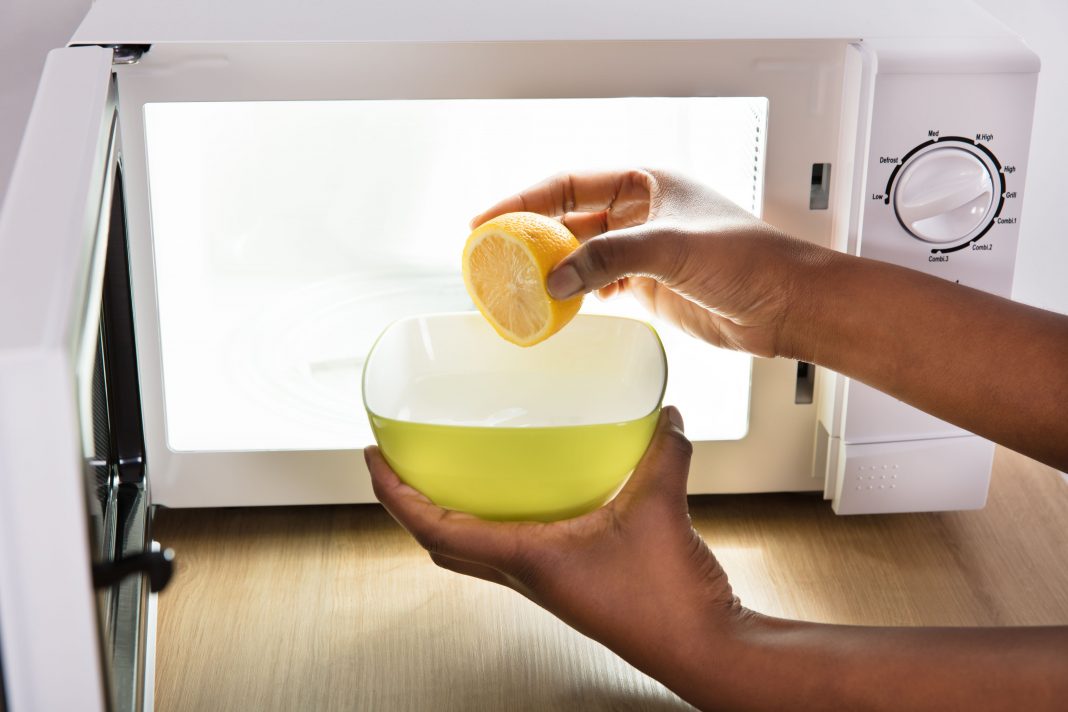Reading Time: 3 minutes
What is sleep apnea?
From a laypersons point of view, sleep apnea is a widespread sleep disorder characterised by repetitive disruptions in breathing while you sleep. This condition can affect individuals of all ages, with different symptoms depending on age groups. Typical indicators encompass loud snoring and daytime exhaustion. Sleep apnea falls under the category of sleep-related breathing disorders, where individuals’ experience brief breathing pauses during sleep. These interruptions can lead to disrupted sleep patterns, potentially contributing to health issues like type 2 diabetes, heart disease, stroke and heart attacks if left untreated.
Importantly, those affected by sleep apnea often remain unaware of their abnormal nighttime breathing.
Here’s everything you need to know about sleep apnea from a layman’s point of view-
The two main types of sleep apnea are obstructive sleep apnea (OSA) and central sleep apnea (CSA).
- Obstructive sleep apnea (OSA)– is the more common form of sleep apnea that occurs when your throat muscles relax and block the flow of air into your lungs. The narrowing of your airway during sleep leads to breathing disruptions.
- Central sleep apnea (CSA)– occurs when the brain doesn’t send proper signals to the muscles that control your breathing. The breathing disruptions are caused by a lack of communication between the brain and the muscles involved in breathing. These breathing interruptions reduce the quality of sleep and, if left untreated, can lead to potentially serious health consequences.
Signs and symptoms of sleep apnea in adults-
If a significant amount of these signs describe you, chances are you might have sleep apnea.
- You snore loudly
- Your bed mate complains that you snore and occasionally stop breathing when you sleep
- Sometimes you wake up abruptly with shortness of breath
- Sometimes you wake up choking or gasping for air
- You often wake up to use the bathroom
- You wake up with a dry mouth or sore throat
- You have insomnia (difficulty falling asleep and staying asleep)
- You have hypersomnia (excessive daytime sleepiness)
- You have a low sex drive or are experiencing sexual dysfunction
- You often wake up with a headache
- You have attention, concentration or memory problems while you are awake
- You are excessively irritable and experience many mood swings
- You have risk factors for sleep apnea like being overweight, obese, drinking alcohol or smoking tobacco.
When to see a doctor or get tested for sleep apnea
If you suspect you have sleep apnea, it’s crucial to discuss your symptoms with a healthcare professional. They can offer your personalised advice or refer you to a sleep specialist for further evaluation. It’s essential not to attempt self-diagnosis or self-treatment, as sleep apnea can significantly disrupt your life and pose risks of severe complications. Instead, seek professional assistance by scheduling an appointment with a sleep specialist or through a referral from your primary care provider.
A sleep study, known as a polysomnogram, is used to diagnose sleep apnea by monitoring various factors such as brain waves, eye movement, breathing and blood oxygen levels while you sleep.
NOTE: while loud snoring can be a sign, not all individuals with sleep apnea snore and not all snorers have sleep apnea.
Living with Sleep Apnea
Practical measures can help you manage your sleep apnea diagnosis
- Work closely with a doctor- It is important to stay in touch with your doctor or sleep specialist in case new symptoms occur or you need to make changes to your treatment plan.
- Stick to your treatment plan- It’s important to follow your treatment plan properly and integrate it into your daily routine. This will result in good outcomes and avoid complications.
- Proper care for treatment devices- Whether using a PAP device, a mouthpiece or any other device it’s important to clean, sanitise and maintain your devices.
- Avoid high-risk activities- If you suffer from sleep apnea avoid high risk activities like driving or operating heavy machinery especially if you are feeling drowsy.
- Minimise alcohol and tobacco consumption- Cut down on your alcohol consumption and tobacco use if you suffer from sleep apnea to avoid exacerbating your breathing problems at night.
- Weight loss- try to lose weight in order to improve your sleep apnea symptoms.
- Position changes while sleeping and sleep aid items- Sleeping on your back increases the risk of sleep apnea. Using specialised support pillows and other sleeping aids to alter your sleeping position and prevent you from sleeping on your back can help with your breathing at night.
- Over-the-counter aids– Over-the-counter products like nasal sprays, nose
- strips or sleeping aids can improve your breathing by making it easier for air to travel through your nose which can sometimes help snoring and mild sleep apnea.
- Medication changes- check with your doctor to make sure you are not on any medication that can make your sleep apnea symptoms worse.
- Make lifestyle changes as best as you can
Key Takeaways-
Sleep apnea is a breathing disorder characterised by recurrent interruptions in breathing during sleep. Sleep apnea is more prevalent than you might realise and it affects not just adults but also children. If you have concerns or symptoms related to sleep apnea, it’s advisable to get it checked out.




